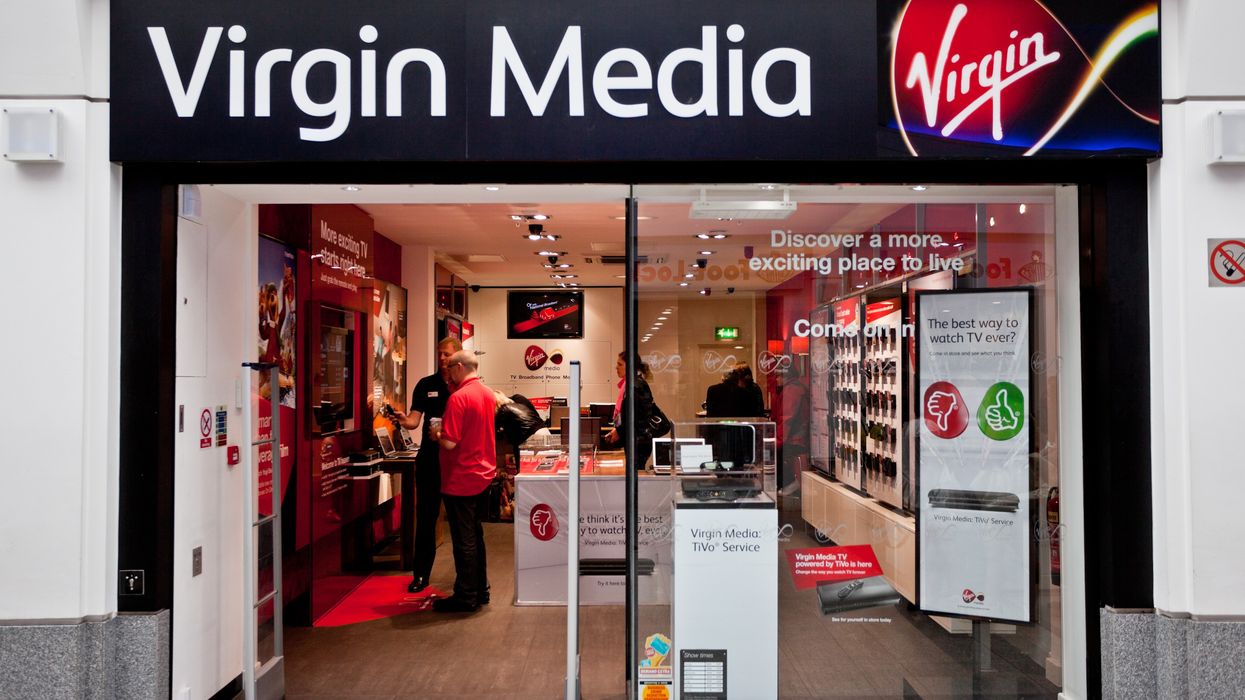BRITISH wage growth soared and employment also jumped in the three months to April, raising expectations that the Bank of England will raise interest rates again, perhaps several times, to contain unrelenting inflationary pressures.
Data from the Office for National Statistics (ONS) on Tuesday (13) indicated the labour market was running hotter than all economists polled by Reuters had predicted, sending sterling higher and setting off another drop in British government bond prices.
The figures added to signs that the economy is not cooling as the central bank had hoped as Britain contends with one of the highest inflation rates among major advanced economies.
Annual growth in wages excluding bonuses rose to 7.2 per cent during the three months to April, the ONS said, up from 6.8 per cent in the three months to March.
Outside of the Covid-19 pandemic, when wage statistics were skewed by furlough schemes, it was the highest reading on record. Economists polled by Reuters had forecast a 6.9 per cent rise on average.
"For the Bank of England, wage growth is a big problem – it is simply at too high a level to allow inflation to hit the 2 per cent target," said Hussain Mehdi, macro and investment strategist at HSBC Asset Management.
Including bonuses, wage growth jumped to 6.5 per cent from 6.1 per cent previously, but it still lagged consumer price inflation at 8.7 per cent in April, meaning that Britons are suffering declining pay in real terms.
Employment rose by 250,000 in the three months to April, against the Reuters poll forecast for a 162,000 increase.
"With the possibility of higher-for-longer rates, a UK recession looks unavoidable as tight monetary policy filters into the real economy - including the housing market," Medhi said.
Financial markets on Tuesday put the chance of a 0.5 percentage point increase to interest rates at 33 per cent, up from a 17 per cent chance on Monday (12), and now put at 65 per cent he likelihood that rates will reach 5.75 per cent by the end of the year.
The unemployment rate, which had been expected to rise to 4 per cent, fell to 3.8 per cent in the three months to April from 3.9 per cent in the three months to March, the ONS said.
April's data is the first to include the impact of a 9.7 per cent rise in the minimum wage and will be closely analysed by the Bank of England as it tries to judge the extent of the impact from Britain's recent spell of double-digit inflation.
Central bank officials are likely to note that the headline employment and wages data came in above all forecasts, while the unemployment rate was below all forecasts.
On Monday Bank of England rate setter Catherine Mann said that central banks will find it hard to communicate the end of their rate-tightening cycles and should not sweat over this at the expense of taking steps to bring down inflation.
(Reuters)







 Lakshmi Mittal
Lakshmi Mittal 











